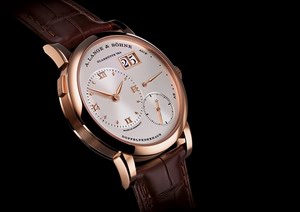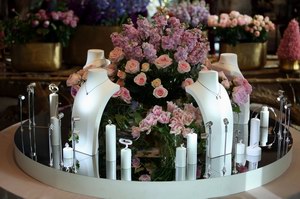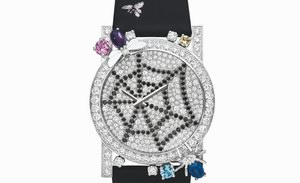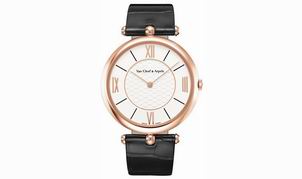Will China’s Government Put an End to Daigou Sales?
文章导读
As the price gap between imported luxury goods in mainland China and those everywhere else in the world continues to fuel a massive gray market, the Chinese government gave indications this week that it wants to clamp down on the practice.
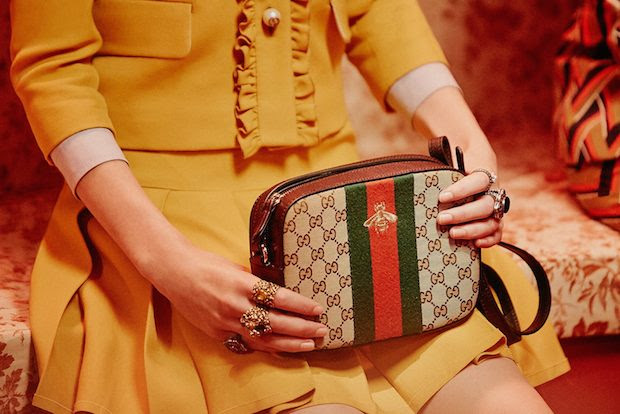
Daigou sales of handbags, cosmetics, and other items have created complications for most foreign luxury brands in China. (Facebook/Gucci)
As the price gap between imported luxury goods in mainland China and those everywhere else in the world continues to fuel a massive gray market, the Chinese government gave indications this week that it wants to clamp down on the practice.
In a South China Morning Post article published this week, head of the Fortune Character Institute Zhou Ting, who is also reportedly “a consultant with the Ministry of Commerce and the Ministry of Finance,” according to the article, said that “new policies will be launched soon” to crack down on daigou agents smuggling in foreign goods without paying the proper import duties.
The article also quoted an anonymous source who stated that many top luxury brands have been lobbying the Chinese government to get tougher on daigou agents, which have a significant impact on the global luxury industry. Bain & Company estimates that 55-75 billion RMB is spent on daigou every year in China, making up almost half of the amount of all mainland luxury sales.
While daigou may help brands’ sales abroad in the short-term, there are many problems that arise from the practice—the online market is rife with convincing fakes being sold at full-price to scam customers, and brands have no control over the quality of service offered to buyers.
There have been reports that Chinese customs agents have already been more vigilant about catching tariff-dodging smugglers this year, but they’ll likely only be able to get ahold of those bringing in items in mass quantities. It’s unlikely that they’ll be able to stop the vast majority of small-scale daigou merchants who only bring in a few items at a time.
The main way to stop the daigou trade in a meaningful way is to decrease demand through price adjustments. The Chinese government appears to be aware of the importance of this—it announced on Wednesday that it’s going to be cutting import duties on several imported consumer goods starting next year. These will include cuts on clothing, sunglasses, bags, and more, and come after another tariff cut earlier this year that applied to a range of items including suits and fur garments.
But brands should not rest on their laurels waiting for the government to step in, as it’s unclear how effective any of these measures will be. While the government certainly has a financial incentive to avoid the loss of tax revenue that comes from daigou smuggling, prices that are inflated beyond the level of tariffs may create a system in which daigou sellers can still make a profit even if they willingly pay the proper import duties when they enter the country.
As a result, brands including Chanel and Tag Heuer have taken the issue into their own hands by lowering their China prices, but many have been wary of acting. The one thing that luxury labels can’t do in the future is continue to allow unlicensed dealers to hijack their brand image if they wish to keep their image and mainland China sales intact in the long-run.
关键词: luxury brands | Gucci | luxury goods | brands | luxury
免责声明:
本文仅代表作者/企业观点,与【风尚中国】无关。其原创性以及文中陈述文字和内容未经本站证实,对本文以及其中全部或者部分内容、文字的真实性、完整性、及时性本站不作任何保证或承诺,仅供读者参考,并自行核实相关内容。
【风尚中国】刊载此文出于传递更多信息之目的,并不意味着赞同其观点或证实其描述,也不代表本网对其真实性负责。
如因作品内容、版权和其它问题需要同本网联系的,请在30日内进行;新闻纠错: edit#fengsung.com





